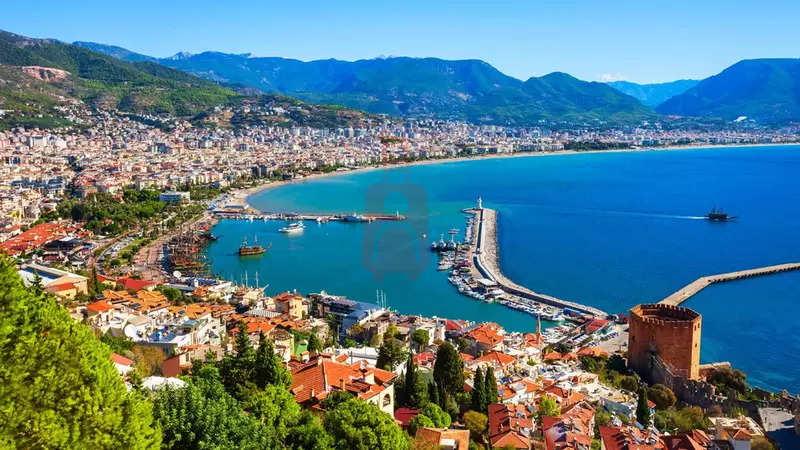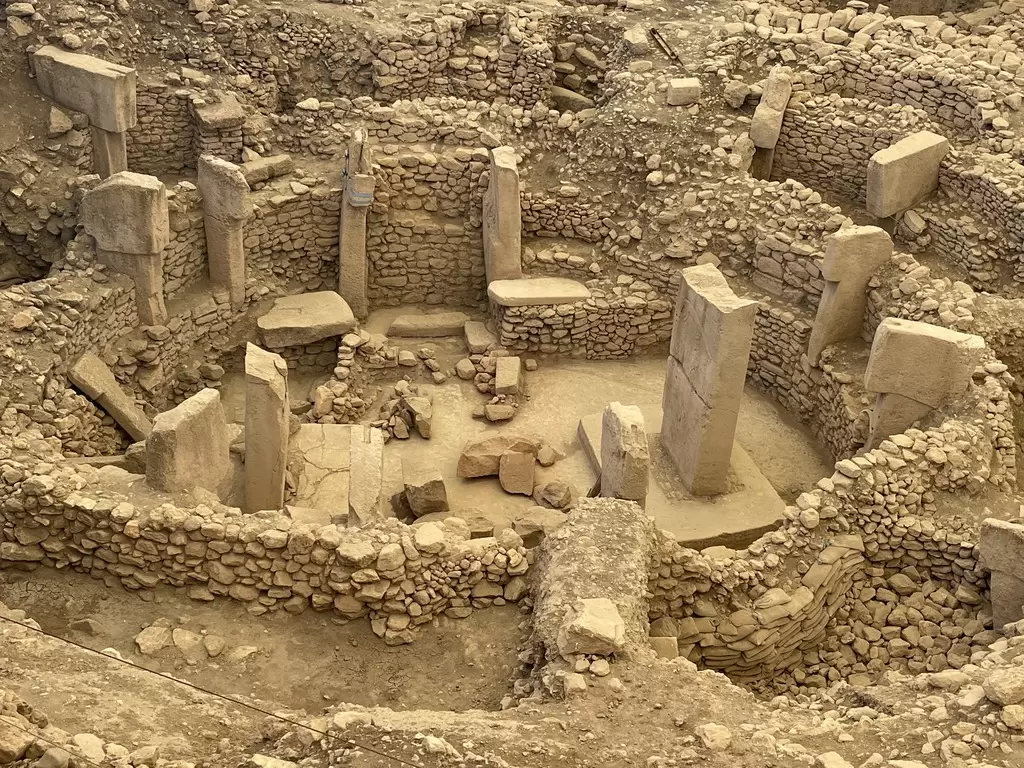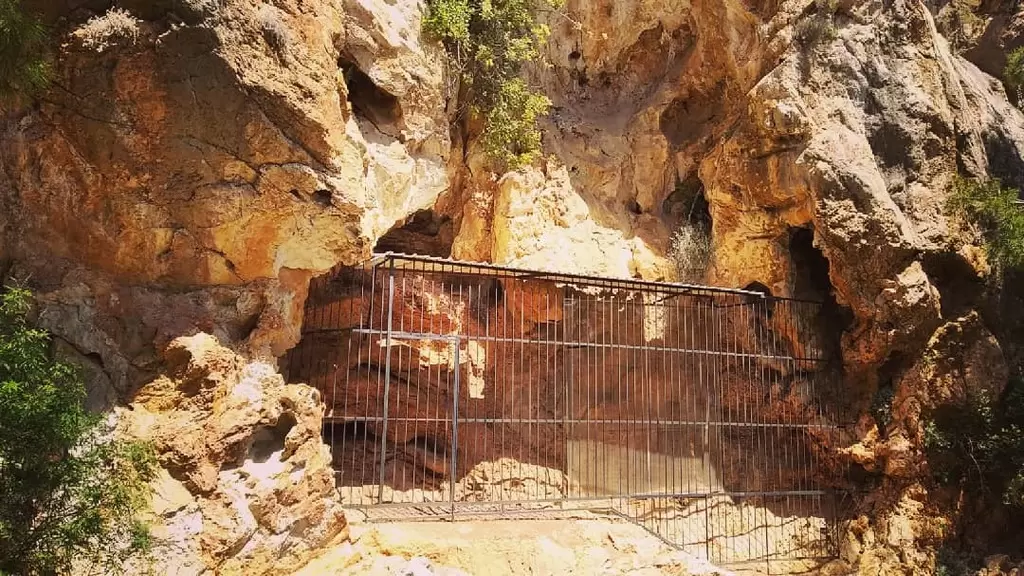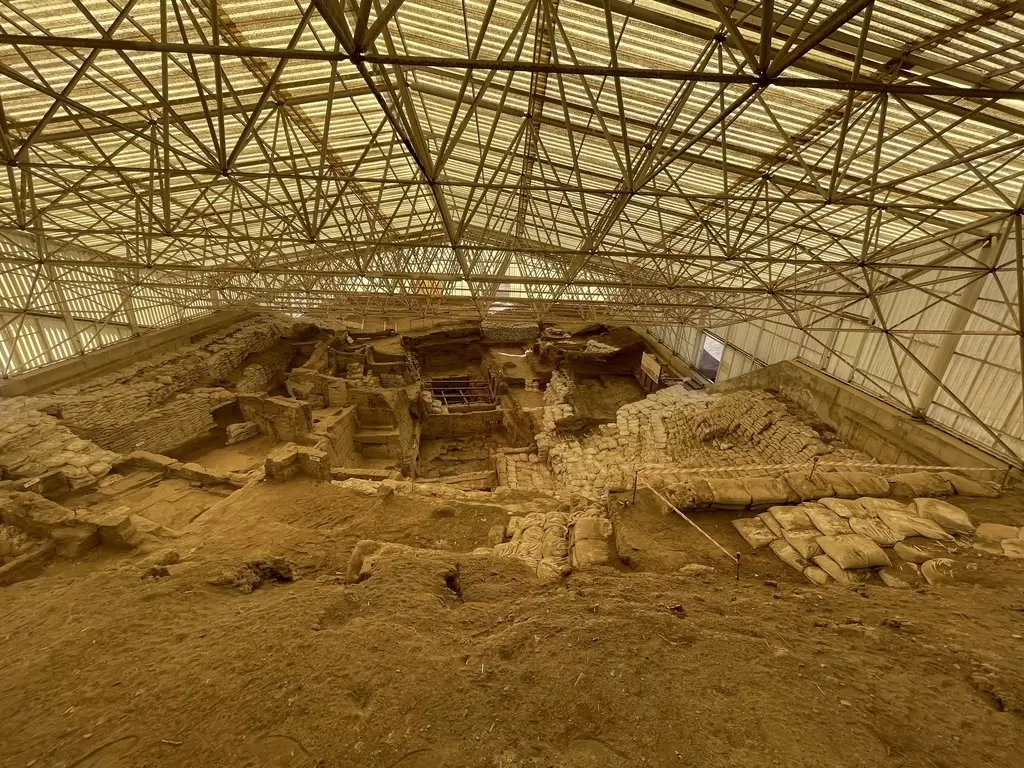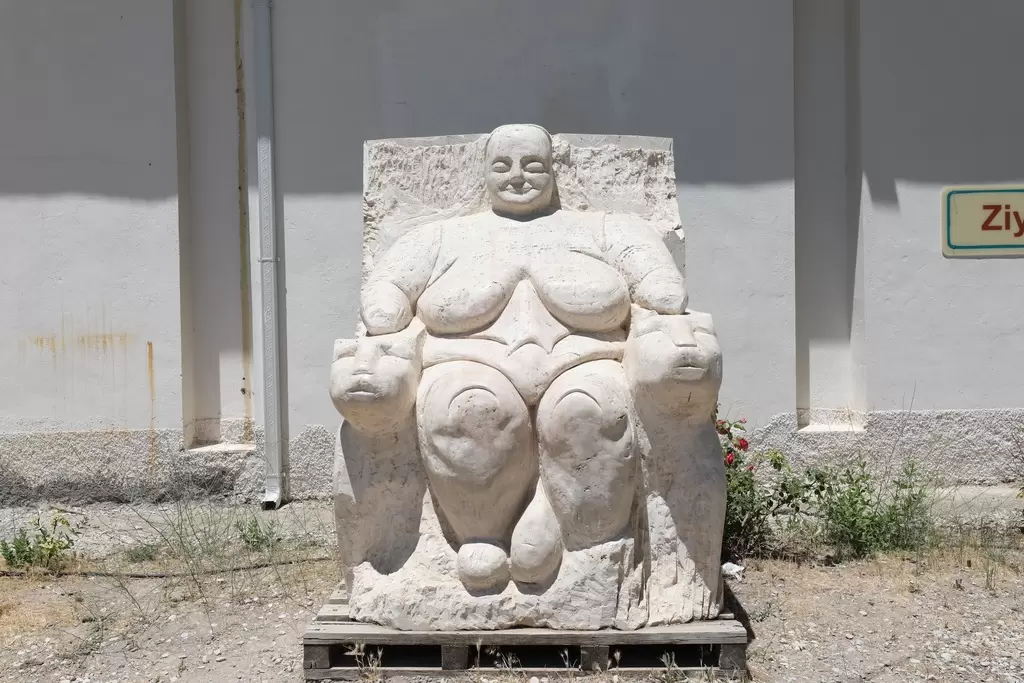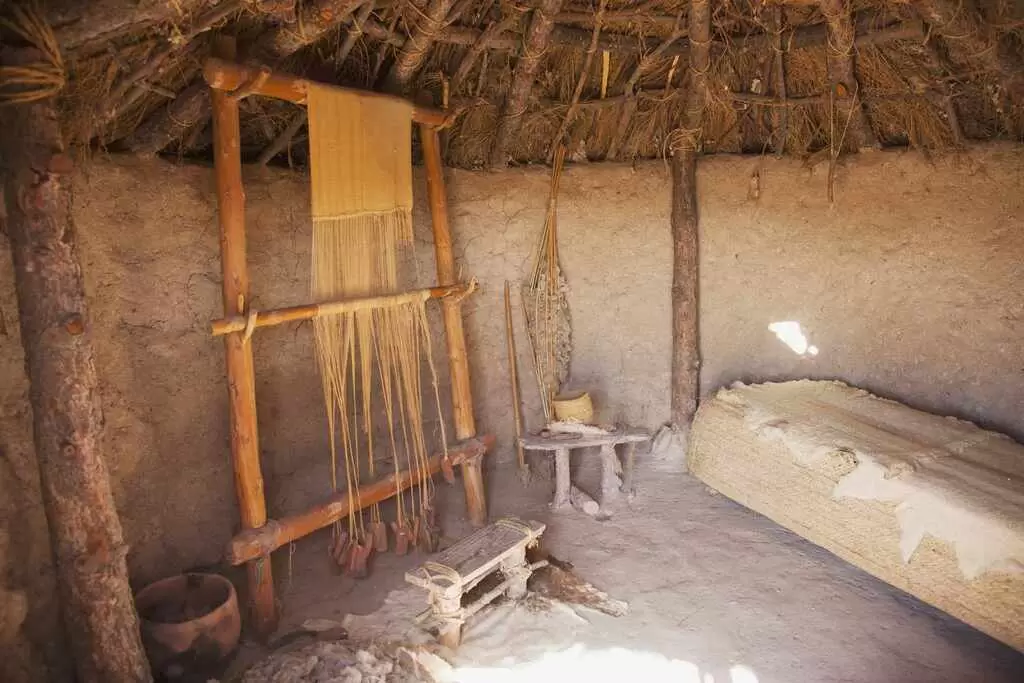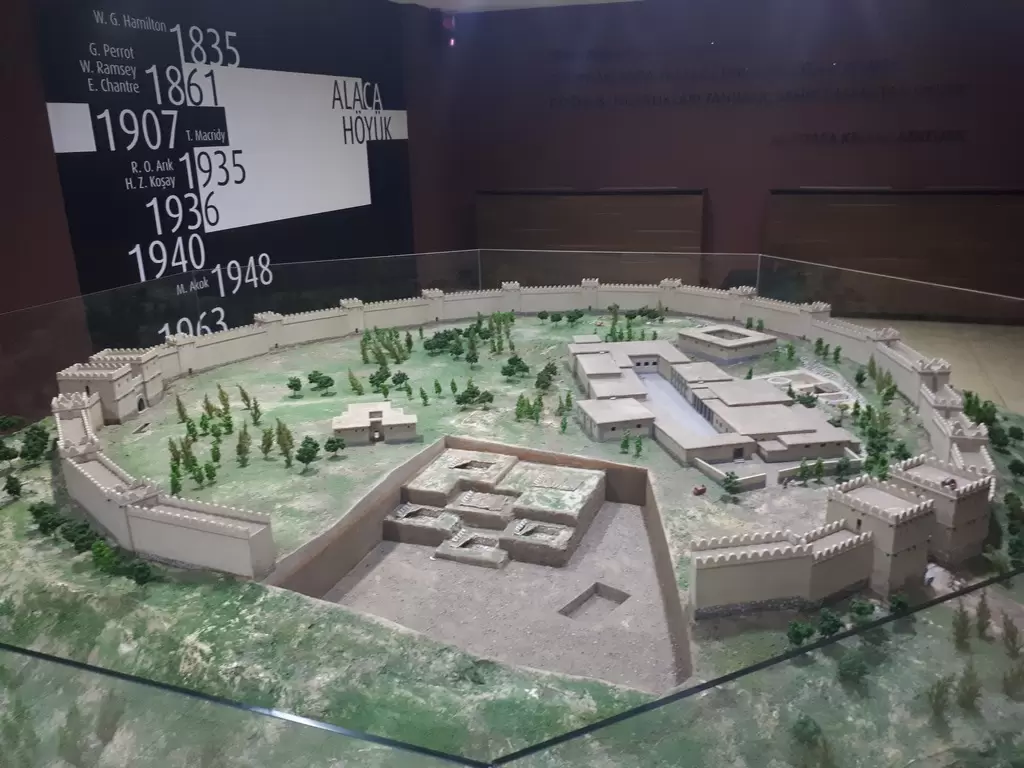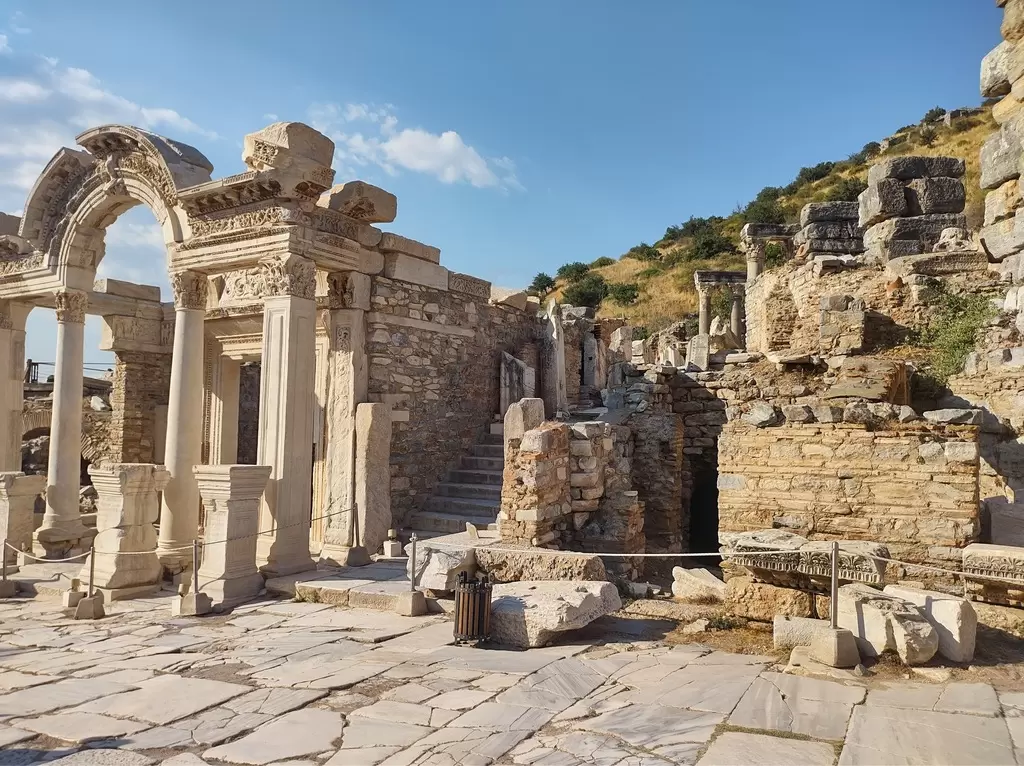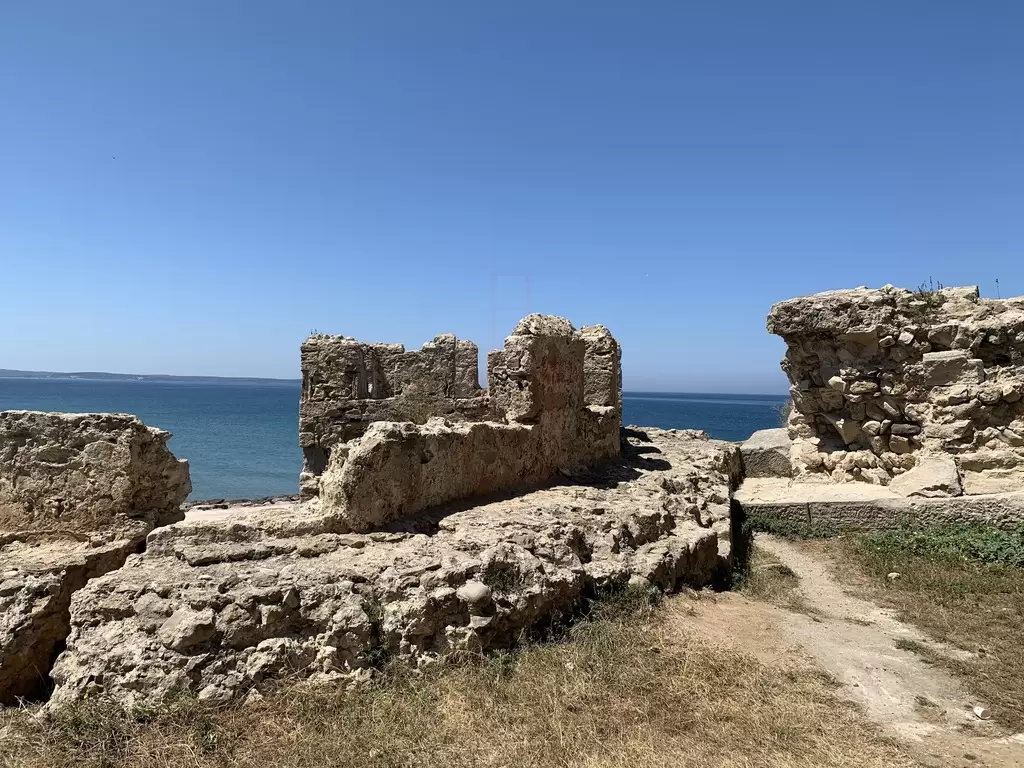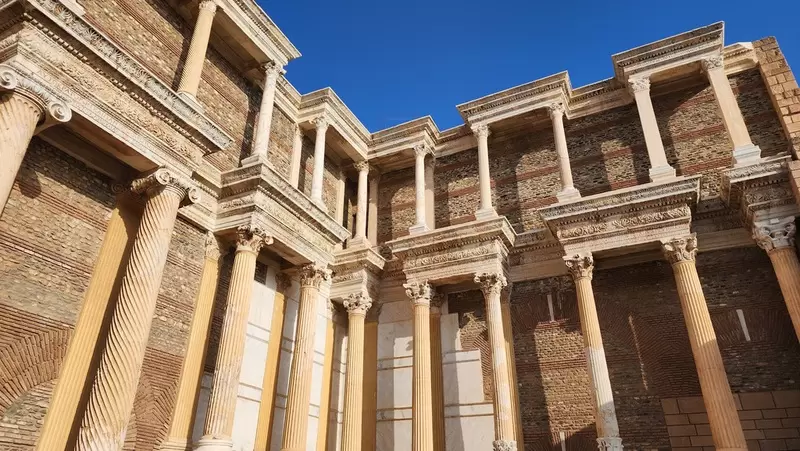
The Lydian Kingdom, which thrived in western Anatolia from the 7th to the 6th century BCE, is a significant chapter in the history of the region. Known for its remarkable wealth, the kingdom's influence extended across trade, culture, and governance, marking it as one of the prominent powers of ancient Anatolia.
Sardis, the capital of Lydia, was strategically located at the crossroads of major trade routes, facilitating commerce and cultural exchange. The city was renowned for its impressive architecture, including the famed Acropolis and the temple of Artemis, reflecting the advanced engineering and artistic skills of the Lydians. Sardis served as a hub for merchants and craftsmen, contributing to the kingdom's economic prosperity.
The Lydians are credited with introducing coinage, revolutionizing the way trade was conducted. The first coins, made of electrum—a natural alloy of gold and silver—were minted under King Alyattes in the 7th century BCE. This innovation not only simplified trade but also established a standard of value that influenced many subsequent civilizations. The kingdom's wealth became synonymous with the phrase "rich as Croesus," referring to King Croesus, who ruled during the height of Lydia's power.
Under Croesus, Lydia reached its zenith, expanding its territory significantly and engaging in diplomatic relationships with neighboring states, including the Greeks and the Egyptians. Croesus was known for his lavish lifestyle and monumental building projects, which included temples and fortifications that showcased the kingdom's prosperity.
Culturally, the Lydians made significant contributions to art and craftsmanship. They were skilled in metallurgy, particularly in gold and silverwork, producing exquisite jewelry and decorative items. Their textile industry was also notable, with the production of fine woolen fabrics that were highly sought after in trade.
The Lydian Kingdom faced challenges from rising powers, particularly the Persian Empire. In 546 BCE, Croesus was defeated by Cyrus the Great, leading to the incorporation of Lydia into the Persian Empire. Despite its fall, the legacy of the Lydian Kingdom endured, particularly through its innovations in currency and trade practices, which influenced subsequent empires and the development of economic systems in the ancient world.
The archaeological sites in modern-day Turkey, particularly in and around Sardis, provide valuable insights into Lydian life, culture, and governance. Excavations have uncovered impressive remains, including the ruins of the ancient city, temples, and residential areas, allowing historians to piece together the rich history of this remarkable kingdom. Today, the Lydian Kingdom stands as a testament to the ingenuity and influence of one of Anatolia's most significant ancient civilizations.
